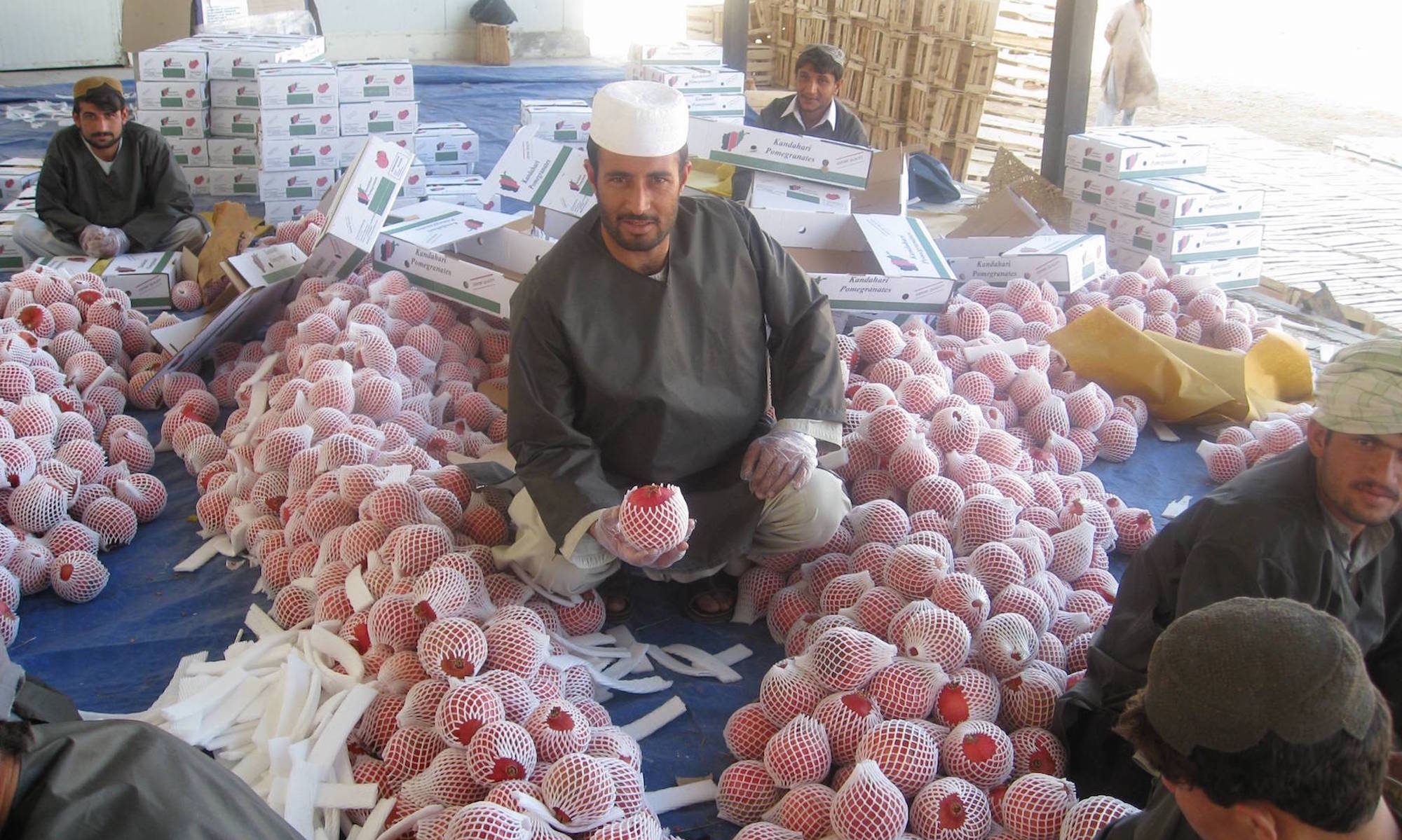The article argues that the demand for local ownership in externally funded conflict transformation projects is counterproductive, if it is seen as a concrete project objective. Nevertheless, the demand has an important function as policy ideal, pointing to the necessity for change in present international cooperation. Instead of aiming towards the impossible goal of literal “local ownership” of a foreign-funded project, which by definition inscribes the roles of donor and beneficiary, the focus should be on the nature of the relationship between the donors and the beneficiaries. It is within this relationship that power is or is not shared and that the equality of the partners may or may not be realised. The concept of “learning sites” can be used as a framework to counter asymmetrical relationships and develop a more equal partnership between “insiders” and “outsiders” in international peacebuilding work.

INSCT Postconflict Research Database
The Institute for National Security and Counterterrorism's Postconflict Research Database & Analysis Project stores cross-indexed bibliographic information on hundreds of journal articles, books, book chapters, and case reports that address the broad, interdisciplinary fields of postconflict reconstruction, stabilization, and peacebuilding.